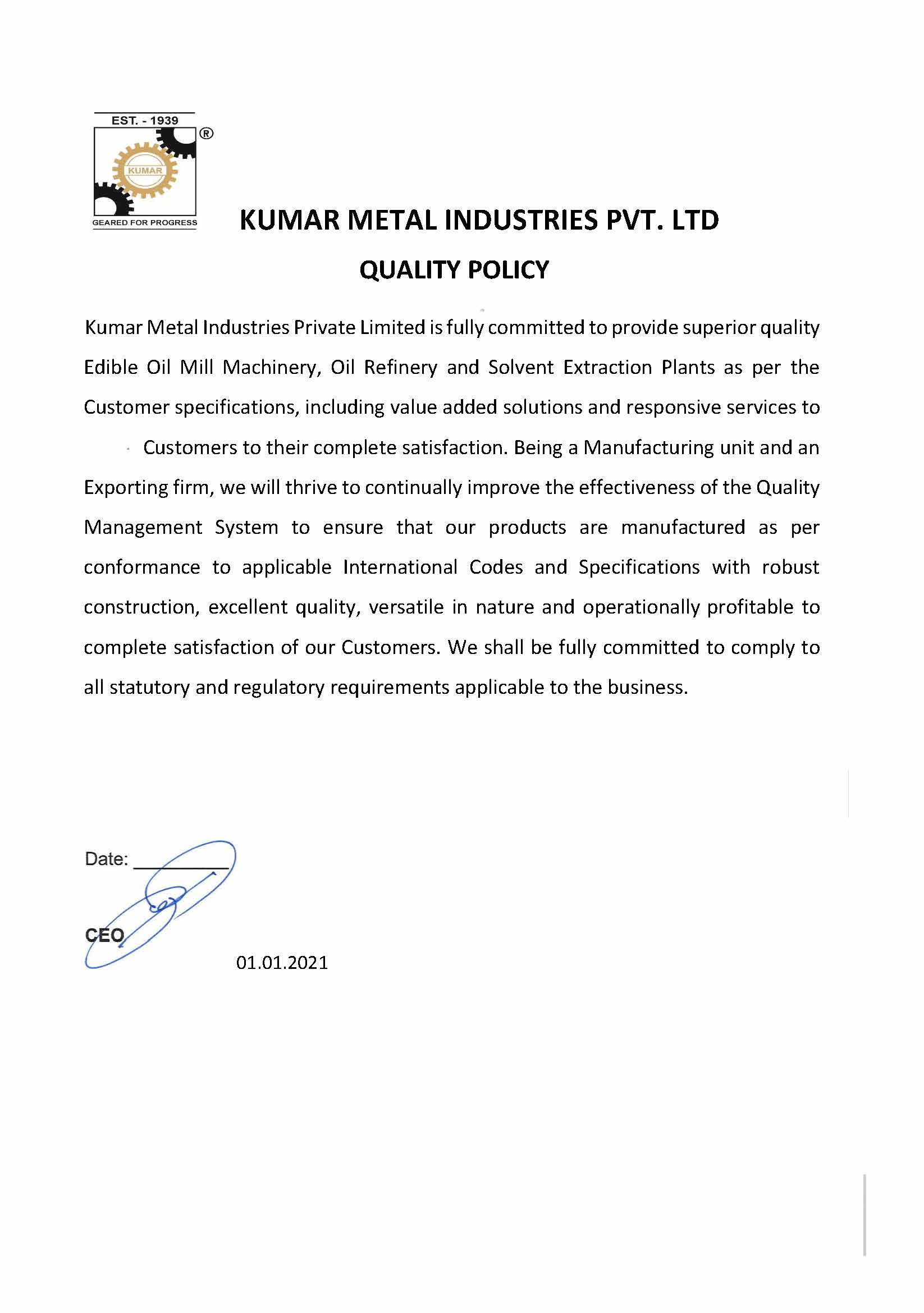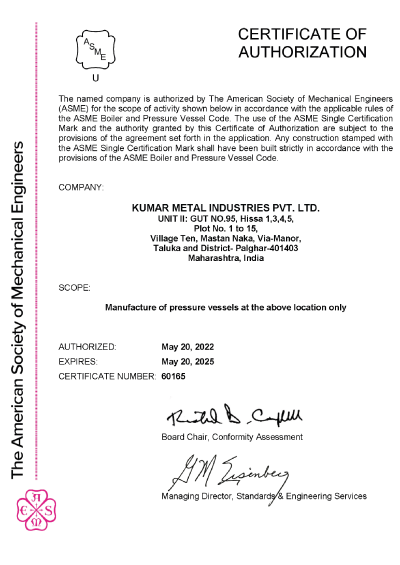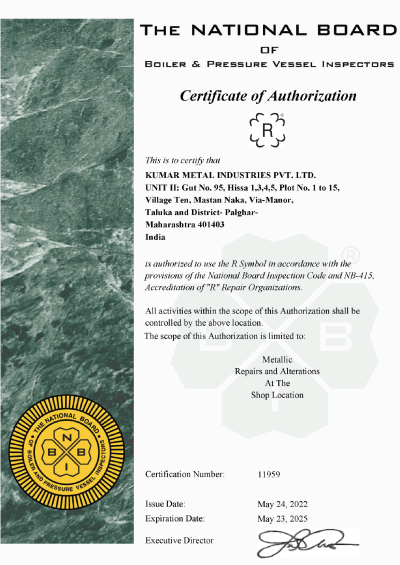
Due to varying technical requirements for the fuels consumed in different applications, several different biodiesel variants have been developed during the past several years. These biodiesel variants are used in specific applications as they are or in combination with other fuel ingredients. Some of these variants have attained commercial significance. One major biodiesel variant is known as ‘sustainable aviation fuel’ or SAF. It is also called as renewable diesel or renewable jet fuel or jet biofuel. There is increasing interest and urgency in the development of SAF biodiesel in recent months because of the global geopolitical developments and the spike in crude oil prices. The environmental regulations and the race to reduce the greenhouse gas (GHG) emissions have also contributed to this increased activity in biodiesel. Several governments have launched various initiatives to boost the supply and demand for biodiesel SAF. For example, on 14 July 2021, the European Commission presented the Fit For 55 package, which includes the RefuelEU Aviation Initiative aimed at boosting the supply and demand of sustainable aviation fuel (SAF) in the European Union, reaching utilization of 2% by the years 2025, 5% by 2030, and 63% by 2050. The use of SAF reduces the environmental footprint of aviation, while contributing to achieving the European Union’s climate targets.
This has led to significant acceleration in the demand as well as production of sustainable aviation fuels (SAF). Very huge increase, to the tune of 449 billion lit / year, in production and consumption of SAF will enable the global aviation industry to achieve net zero carbon emission by the year 2050.
The present article discusses various aspects of sustainable aviation fuel (SAF) biodiesel.
DEFINITION
Sustainable Aviation Fuels are defined by the International Civil Aviation Organization (ICAO) as alternative aviation fuels that achieve net greenhouse gases (GHG) emissions reduction on a lifecycle basis, while respecting conservation of ecosystems and biodiversity, and that contribute to local social and economic development without competing with food and water.
RAW MATERIALS AND TECHNOLOGIES
Several different raw materials and processes are being developed to produce sustainable aviation fuels. However, the feedstock and production costs are significantly higher than the conventional jet fuel.
There are four different types of production methodologies to make SAF, mainly based on the raw materials used. They are – Alcohol-To-Jet (ATJ) fuel processes; Hydroprocessing of waste oils and fats and plant-based oils to jet fuel; gas fermentation with Fischer-Tropsch (F-T) synthesis; and conversion of sugars to jet fuel. Thus, biodiesel made from oils and fats by hydroprocessing of esters of fatty acids obtained from oils and fats, is just one category of SAF. Interestingly, the biodiesel pathway for producing SAF by hydrotreating triglycerides, i.e., oils, fats of plant and animal origin, and used cooking oils and animal tallow through the fatty esters route, is the most straightforward method. The use of waste cooking oils and fats as feedstock makes the biodiesel SAF production chain as regional as possible in most cases. Several commercial manufacturing technologies are available to produce biodiesel and SAF, such as, HydroFlex technology from Topsoe, Ecofining technology co-developed by Honeywell UOP and Eni, Vegan technology from Axens and BioFlux technology from Sulzer ChemTech.
The biodiesel or hydroprocessing of esters of fatty acids (HEFA) process to make SAF has several advantages over other methodologies – better liquid yield than the alcohol-to-jet (ATJ) fuel process. HEFA route offers 80 vol.% liquid yield as against 60 vol.% using ATJ fuel process. The HEFA biodiesel process lends itself better to petroleum refinery conversions, and has lower capital expenses per barrel of SAF produced. Although the yields for SAF from ethyl alcohol or ethanol are not as high as those from triglyceride oils and fats, the feedstock costs are much lower. Also, at present, there is more production capacity for making renewable ethanol for the alcohol-to-jet (ATJ) fuel pathway, which also requires less hydrogen.
Biodiesel made from oils and fats has to be blended with petroleum-derived or fossil based jet fuel products because it does not contain aromatics or aromatic hydrocarbons, which are required to meet the jet fuel specifications. SAF made from renewable feedstock is mixed with fossil based jet fuel to reduce GHG emissions. SAF is a ‘drop-in’ fuel, which means it can be added to the fossil based jet fuel without any changes in the aircraft or infrastructure.
PROJECTS AND THEIR TECHNOLOGIES
Several projects are being implemented for converting used cooking oils and animal fats to SAF, using different technologies. Some of them are briefly described here.
BP (or bp) has created a specialized international aviation fuel products and services division called Air bp. This division has started producing SAF from used cooking oils in February 2022 at its plant at Lingen, Germany. This refinery processes used cooking oil together with crude oil (petroleum) in its existing plant with some modifications and extensions.
Honeywell UOP and Oriental Energy Co. recently announced a new SAF production facility to be built at Maoming, Guangdong Province, China, with an annual capacity of one million tonnes (1 million TPA). This is expected to be the largest SAF production facilities based on used cooking oils and animal fats as feedstocks after completion.
Another proposed biodiesel and SAF project of BP, at Kwinana, Western Australia, has selected Honeywell UOP technology. The hydroprocessing equipment at the former refinery of BP will be converted to produce about 10000 bbl per day of biodiesel and SAF from renewable feedstock, integrating with the existing terminal operations of the company.
The Ecofining technology of Honeywell UOP will be implemented in the first commercial scale SAF project of JGC Holdings and Cosmo Oil in Japan, which is scheduled to start in 2025. This facility is being designed to convert locally collected used cooking oil into renewable jet fuel, i. e., SAF, meeting the ASTM D7566 standards for jet fuel.
This Ecofining technology is also being tested for making SAF from oils produced by microalgae. Such microalgae-based SAF was incorporated into the jet fuel blend that was used to power two commercial flights in Japan in November 2021. The triglyceride oil obtained from these algae is a good source of alternative feedstock for making biodiesel SAF. Algal oil does not require pretreatment; its cost is lower than that of coal and natural gas. Algae also provide a more efficient way of carbon capture and utilization. ExxonMobil is investing US $ 600 million in algae, which is considered to be highly synergistic with the established oil and gas industries, and it can be refined on the same site as is petroleum.
Topsoe’s HydroFlex technology is being used in two Greenfield projects in California and Missouri in USA to produce biodiesel and SAF, being built by Topsoe and Indaba Renewable Fuels. These two plants with a capacity of 6500 bbl/day SAF at each location are expected to be commissioned in 2024.
The upcoming biodiesel and SAF plant of Sabah Maju Jaya Renewable Energy Industrial Complex at Kota Kinabalu, Malaysia, will use BioFlux technology of Sulzer ChemTech licensed from Duke Technologies, to convert plant-based oils to SAF and has a capacity of 250000 TPA. This is the only process technology with a full liquid phase reactor design that maximizes hydrogen availability and eliminates the vapor recycle loop, leading to significant reduction in capital and operational costs. This process technology also improves yield and catalysts life.
TotalEnergies’ first biorefinery at La Mede, France, has selected the Vegan technology of Axens, to produce 500000 TPA of paraffinic biodiesel from used cooking oils and other renewable feedstocks.
Many petroleum refineries are also being converted to produce renewable diesel or biodiesel and SAF across the globe. Shell is building a biofuels facility at the Shell Energy and Chemicals Park, Rotterdam, The Netherlands, with a capacity of 820000 TPA. This facility will be the largest one in Europe to produce biodiesel and SAF from waste. This plant is expected to start production in 2024. Several certified sustainable vegetable oils like rapeseed (mustard), will be used to supplement waste oils or used cooking oils. It will not consume virgin palm oil. SAF is expected to make up more than half of its capacity, with the balance capacity producing renewable diesel or biodiesel, depending on the demand.
SUPPLY AGREEMENTS
As reported recently in the leading trade journal, Chemical Engineering, key players in the aviation industry, including airlines, aircraft manufacturers, international shipping companies, etc. are driving the global interests in biodiesel and SAF. According to the International Air Transport Association (IATA), about 100 million liters of SAF were produced last year, in 2021, and over five billion liters of SAF are projected to be produced in the year 2025. Producers and consumers of SAF signed twenty new fuel offtake agreements in 2021, and 61 forward purchase multi-years agreements totaling 25.8 billion liters are estimated to be in place as of April 2022, according to the International Civil Aviation Organization (ICAO). Almost all leading airlines have SAF purchasing agreements in place, including United, American, Delta, Southwest, Jet Blue, FedEx, Deutsche Post DHL Group, Luftansa, KLM, etc. Many such biodiesel SAF supply agreements are being announced almost daily.
It is interesting to note that Deutsche Post DHL Group has committed to use 30% of SAF blending for all air transport by the year 2030 in its Sustainability Roadmap. BP (bp) will provide SAF produced from waste oils, i.e., used cooking oils and fats, to meet this goal. Such SAF produced from waste oils and residues can provide greenhouse gas (GHG) emission reduction of up to 80% over its lifecycle compared with the conventional jet fuel it replaces.
Many of these airlines have already used biofuels including biodiesel SAF to some extent for their commercial flights in recent years. These airliners include British Airways, Jet Blue, Luftansa, KLM, United, Virgin Atlantic, etc. Jet Blue is using sustainable aviation fuel at its hub in the Los Angeles International Airport in the USA.
You might find these interesting:
Learn everything about Hydrogenated or Hydrotreated Vegetable Oil (HVO) - a second generation, premium, fossil fuel-free biodiesel
Discover the raw materials and manufacturing process of Biodiesels
Learn how you can turn waste into profit with Kumar's biodiesel manufacturing plant
If you would like to know more about adding biodiesel manufacturing capacity to your existing facility, please reach out to us using the form below.
"*" indicates required fields



















